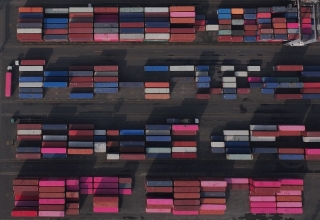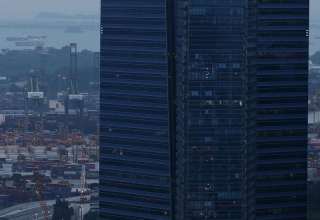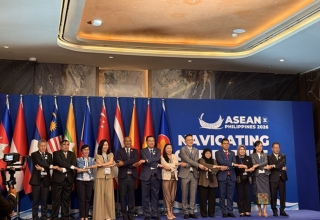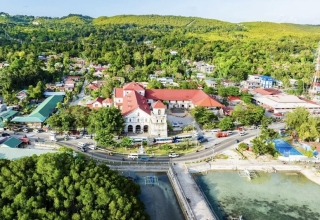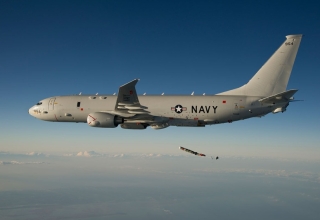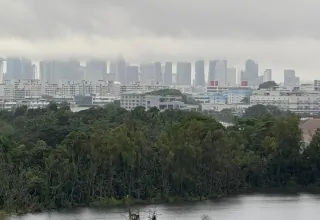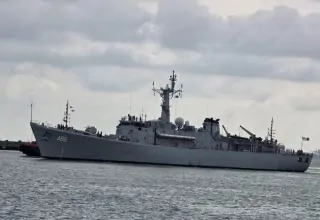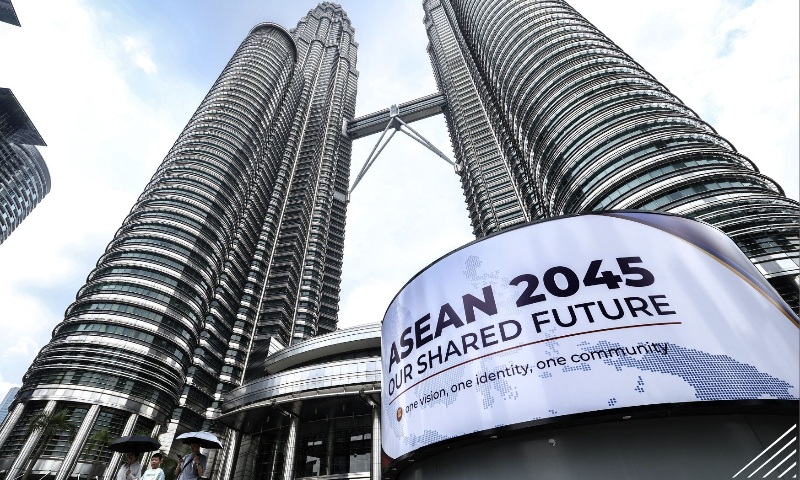
The week of July 8 this year will be the time when Malaysian politics takes centre stage in regional and international diplomacy as the country hosts the 58th ASEAN Foreign Ministers Meeting (AMM) ministers and several summits, including the 36th ASEAN leaders meeting, APEC Ministers Meeting (AMM) and the 2nd East Asia Summit (EAS). The event is to run in four days with over 35 countries listed to be represented by ministers of various countries with the event keenly awaited to not only be trending at the right time but also attracting the right issues as well.
This year AMM is made more important since tensions are bubbling all round the world especially between some major economic giants, among them, the United States and China. The neutrality of Malaysia and active involvement in establishing peace is a well known fact; now, the country is in a very special position to initiate dialogue on a time of geopolitical tension.
The upcoming meetings will include 24 ministerial-level sessions. In these sessions, traditional ASEAN areas of priorities, such as regional cooperation and economic growth will be discussed but they will also be concerned with some of the burning issues about global trading, security, and humanitarian activities. The broad based structure of the AMM is unlike the economic focused forums and leaves room of a more balanced discussion on stability and multilateral participation.
The hosting status is being considered as a sign of the increasing weight of Malaysia in diplomatic terms. The country has so far been a rights defender of Palestinians, proponent of South-South cooperation and an innovator of inclusive development, but presently it is showing that it can host and mediate between powerful actors. The most impending conference offers Malaysia with an avenue to moderate discussions that would lead to far-reaching outcomes.
Read Also: Malaysia Empowers ASEAN Youth as Tomorrow’s Global Leaders
The expiry of the U.S. cooling-off period on trade tariffs on Chinese goods this coming July 9 is among the other urgently scheduled matters on the agenda. All this may make ripples in the ASEAN economies in the event of reintroduction of tariffs. Representing China and the U.S., it is expected that Malaysia will take the AMM as an occasion to promote free dialogue and improve strain between the two economic giants.
According to diplomatic analysts, such a cautious role of a non-confrontational, though a rather powerful actor is vital to the contemporary switched-on international environment. Oh Ei Sun, a foreign policy expert argued that the moderate stance taken by the Malaysian leadership can piece ideological differences and create more cooperation even in situations when a universal view is all but impossible.
AMM ke-58: Malaysia jadi tumpuan diplomasi antarabangsa https://t.co/329bE0WKji#BernamaNews #ASEAN2025 #ASEANxBernama pic.twitter.com/eaoKlQ9Orp
— BERNAMA (@bernamadotcom) July 7, 2025
The other key thing about this year summit is that the fourth conference on cooperation among East Asian countries in favor of Palestinian development, (CEAPAD IV) has been included. This conference is being held in conjunction with the AMM and is being co-hosted by Malaysia, Japan and Palestine to offer practical heavy duty assistance to rebuild Gaza and also deal with the other tensions in the area to do with the Middle East.
Besides the Middle East and commerce, the wider AMM forums will touch on security and disaster preparedness and on digital connectivity. Among the key players, including Japan, India and Australia, and the European Union, will also be present, and this means that Malaysia will be in a position to define the discussions regarding the issues that impact not just the ASEAN but also the international community.
Datuk Seri Amran Mohamed Zin who is the Secretary General of Malaysia Foreign Ministry has again asserted the importance of this point in Malaysian Foreign Policy leadership. Naturally, after Malaysia became the country who has taken up the Chairmanship of the ASEAN, there is an evident demand that we have to contribute more to the establishment of cooperation. This is a meeting that is a reflection of our commitment, said he in a media briefing before the summit.
Case Study Malaysia is being observed keenly on how it will handle the issue of having a number of players with differing interests hosting. However, it is hoped that its track record of diplomatic pragmatism and dedication to ASEAN centralism will allow it to lead successfully without losing any party.Less than a list of meetings between ministers, the 58th AMM is being regarded as the prospect of Malaysia reclaiming the international scene. Through a strategy of balance, inclusion, and proactive engagement, the country is not only setting the agenda for the region but also contributing to global efforts to promote peace and cooperation.

